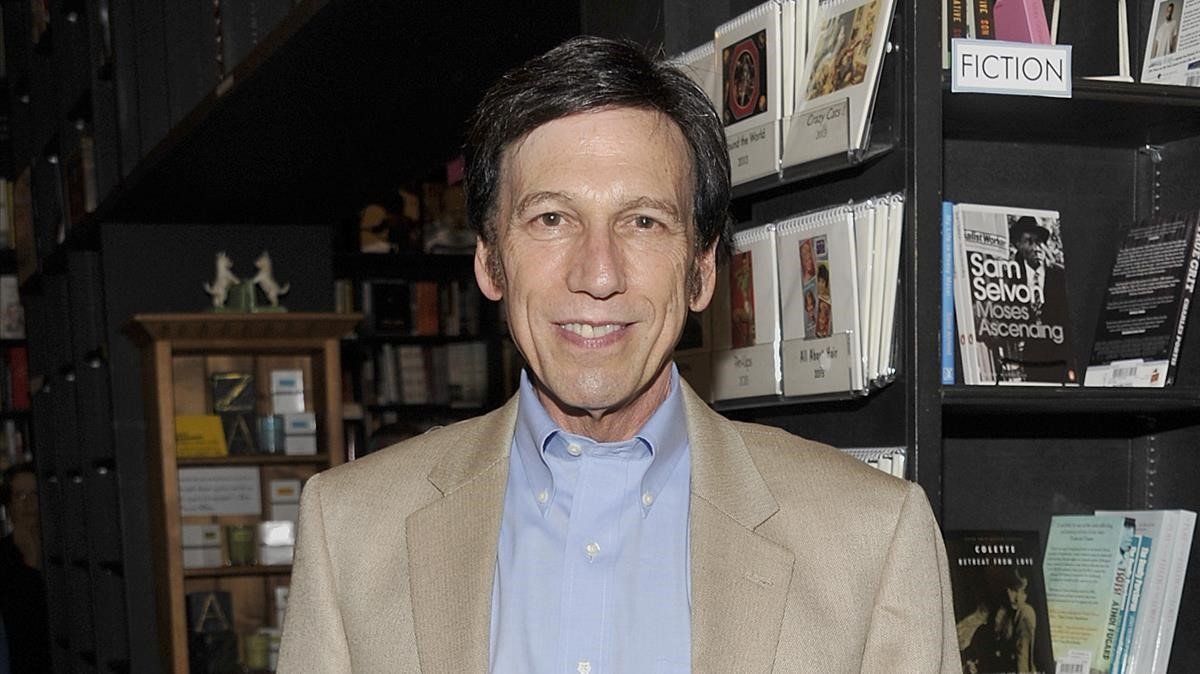In a recent interview, historian and American University professor, Peter Kuznick, has expressed his deep concerns about the escalating conflicts across the globe and the potential consequences they may have on humanity. Kuznick warns that if these conflicts are not de-escalated, we could be facing the horrors of a third world war and the catastrophic aftermath of nuclear winter.
Key Takeaway
Historian Peter Kuznick warns that the increasing global conflicts and recent events in Gaza pose a significant threat to humanity. A third world war and nuclear winter could become a reality if these conflicts are not de-escalated. Kuznick emphasizes the urgent need for diplomacy, de-escalation, and international cooperation to prevent such a catastrophic outcome.
The Growing Tensions
Kuznick points out that the situation in the Middle East, particularly the ongoing war between Ukraine and Russia, as well as the tensions in Taiwan, were already pushing the world closer to a doomsday scenario. However, recent developments in Gaza have added fuel to the fire and increased the risk of a full-blown global conflict.
A Nightmarish Scenario
According to Kuznick, if Israel were to invade Palestine, it could potentially lead to the involvement of other countries, such as Hezbollah, ultimately triggering a widespread world war. In such a scenario, the use of nuclear warheads becomes highly probable, resulting in unimaginable devastation.
The Threat of Nuclear Winter
Kuznick stresses that even a small number of nuclear warheads would have catastrophic consequences. A nuclear winter would ensue, leading to the deaths of approximately 2 billion people worldwide. The scale of destruction and loss of life would surpass anything we have ever witnessed before.
Avoiding Cataclysm
With the United States mobilizing its military assets to support Israel, Kuznick believes that humanity is currently teetering on the edge of a precipice. However, he remains hopeful and suggests several solutions that could help us steer away from an impending cataclysm. By focusing on diplomacy, de-escalation, and fostering a climate of understanding and cooperation, we may be able to avert the devastating consequences of a global conflict.

